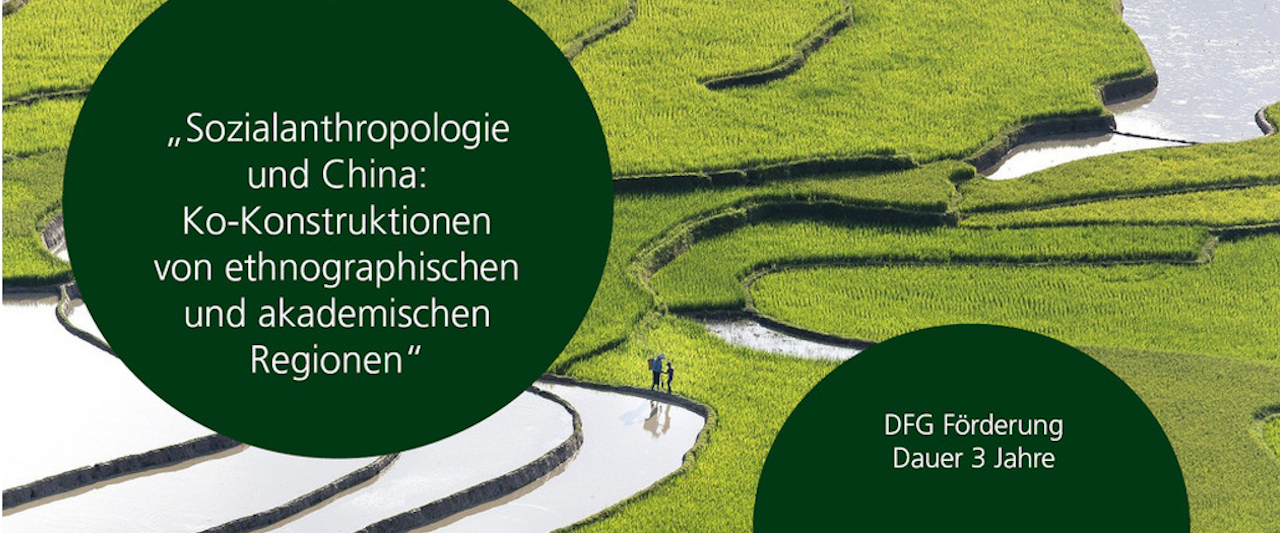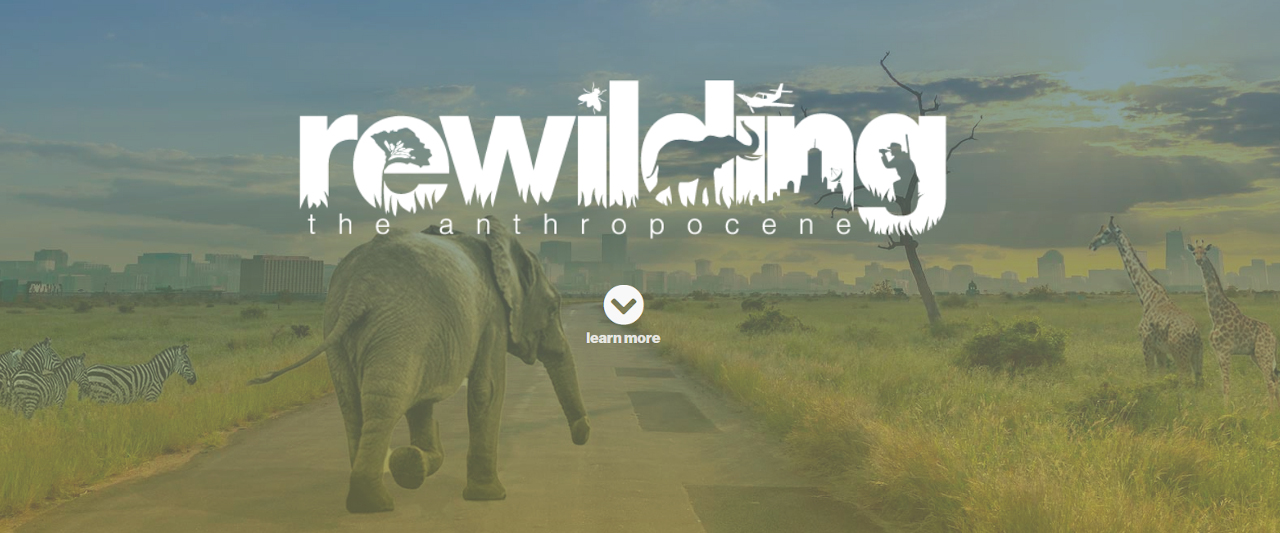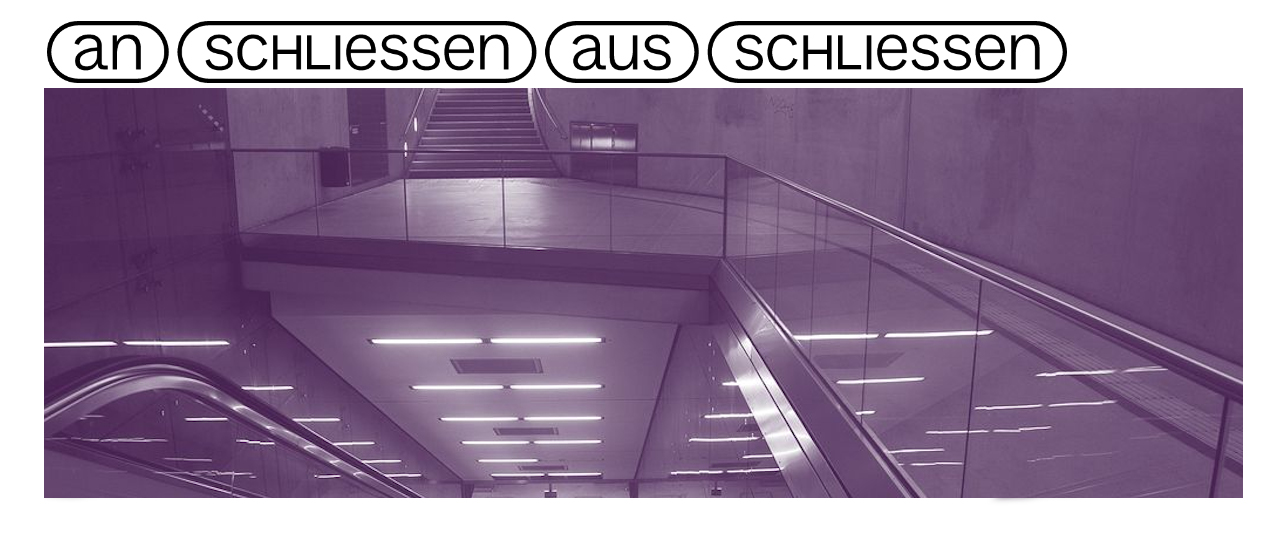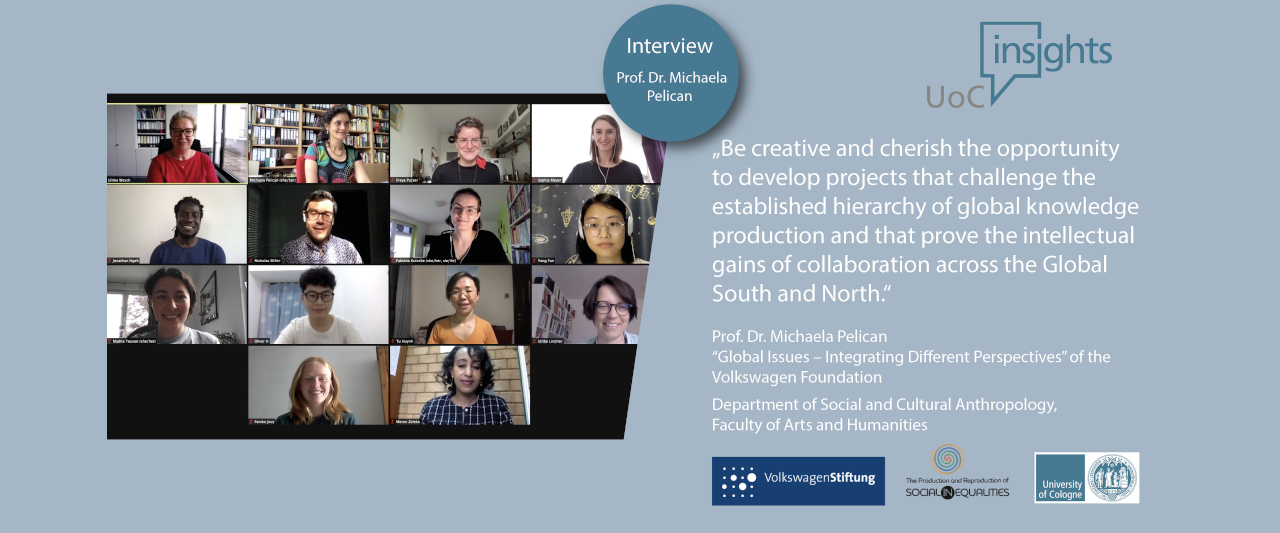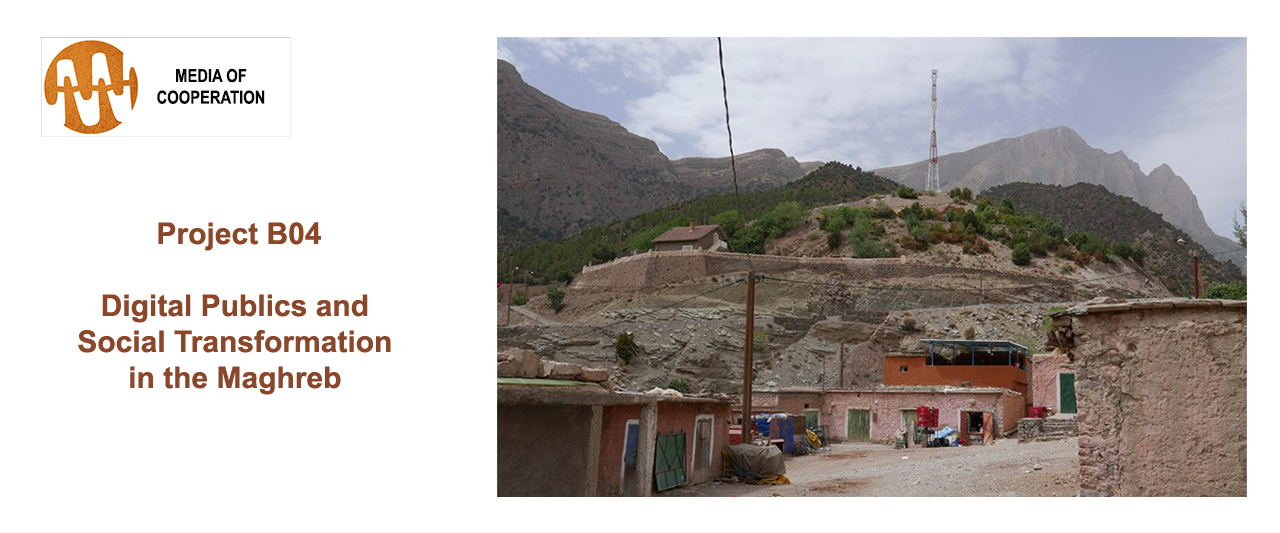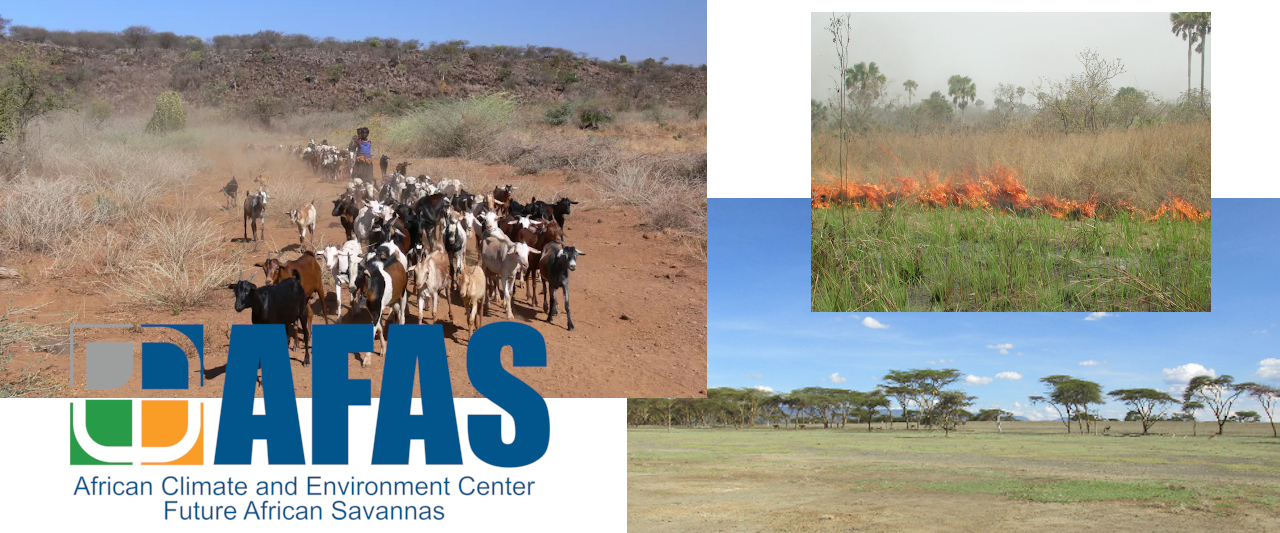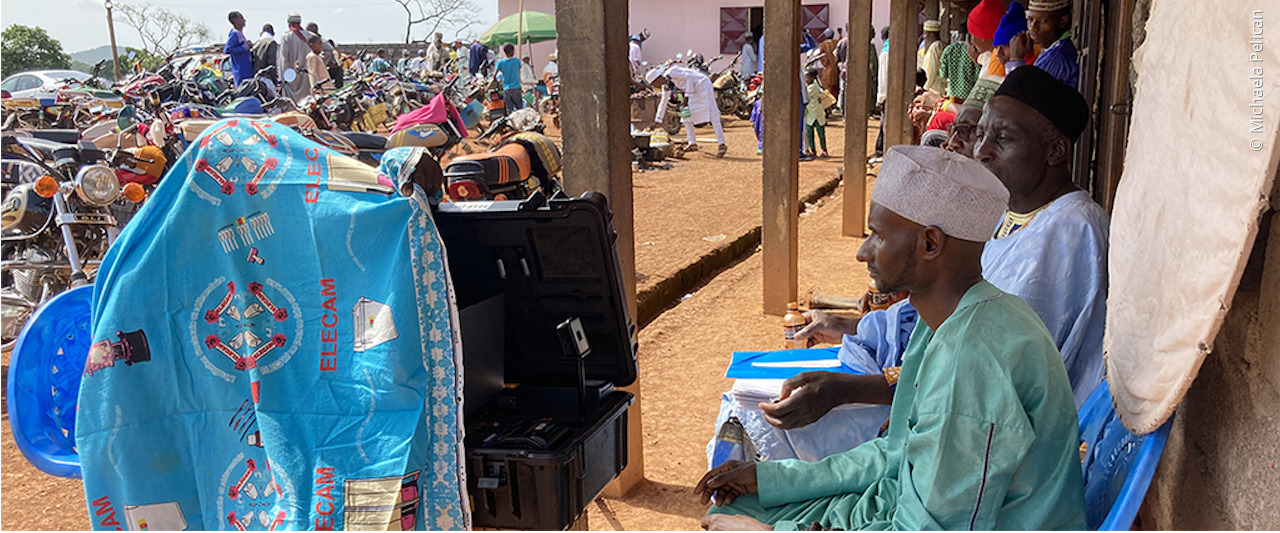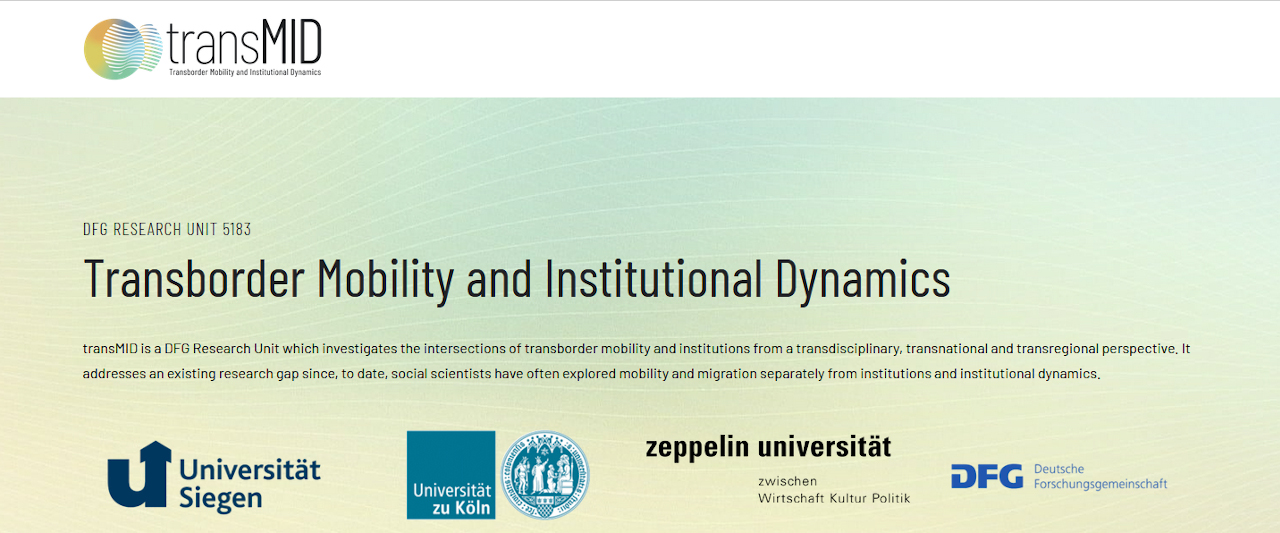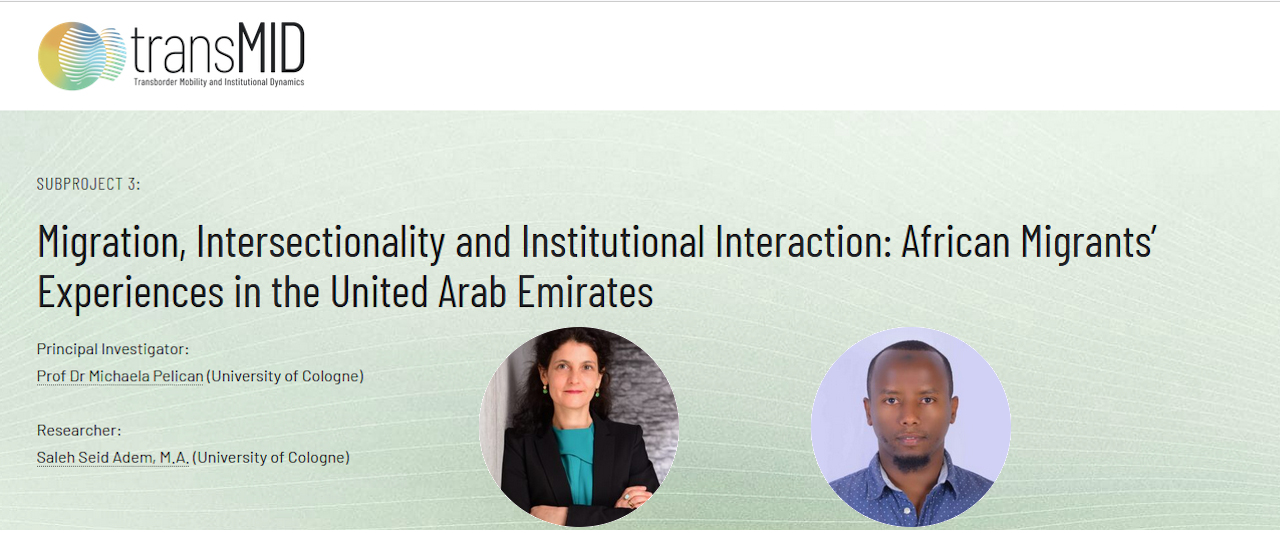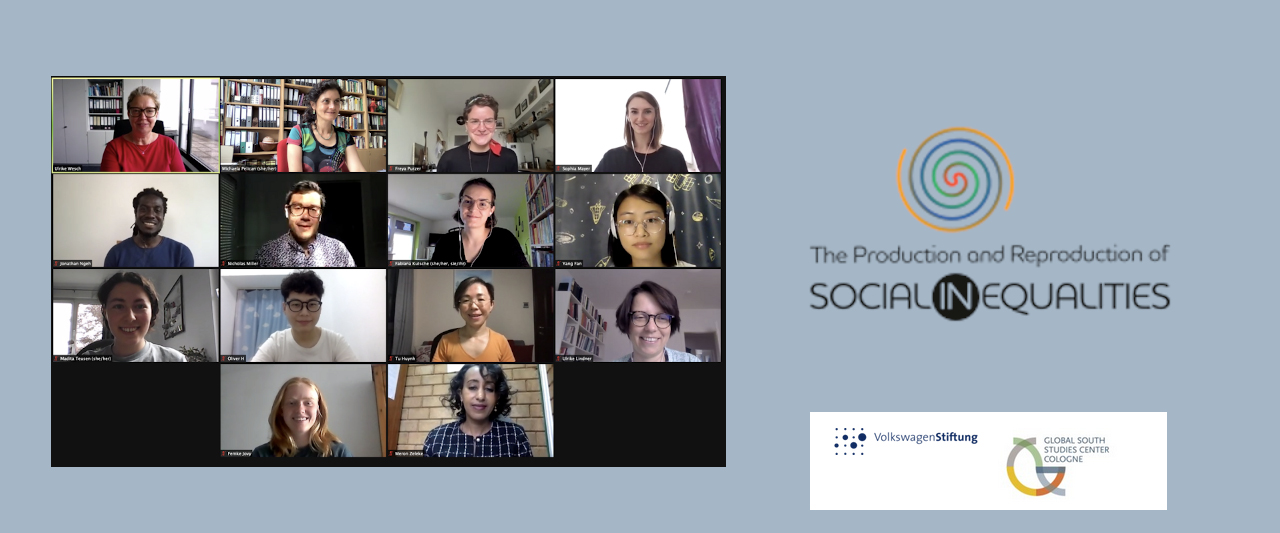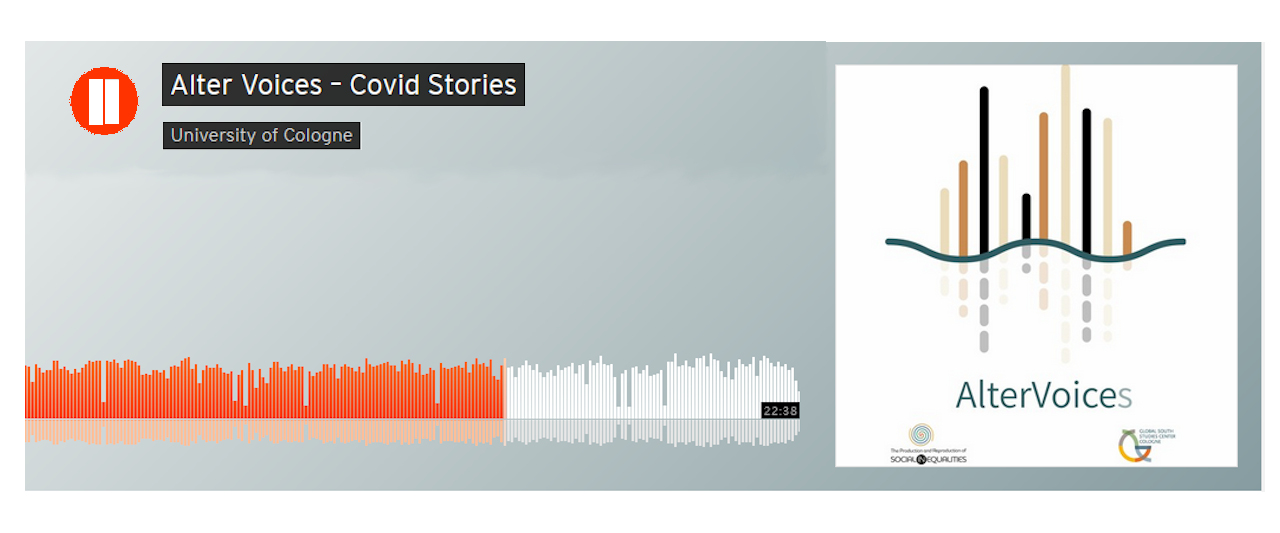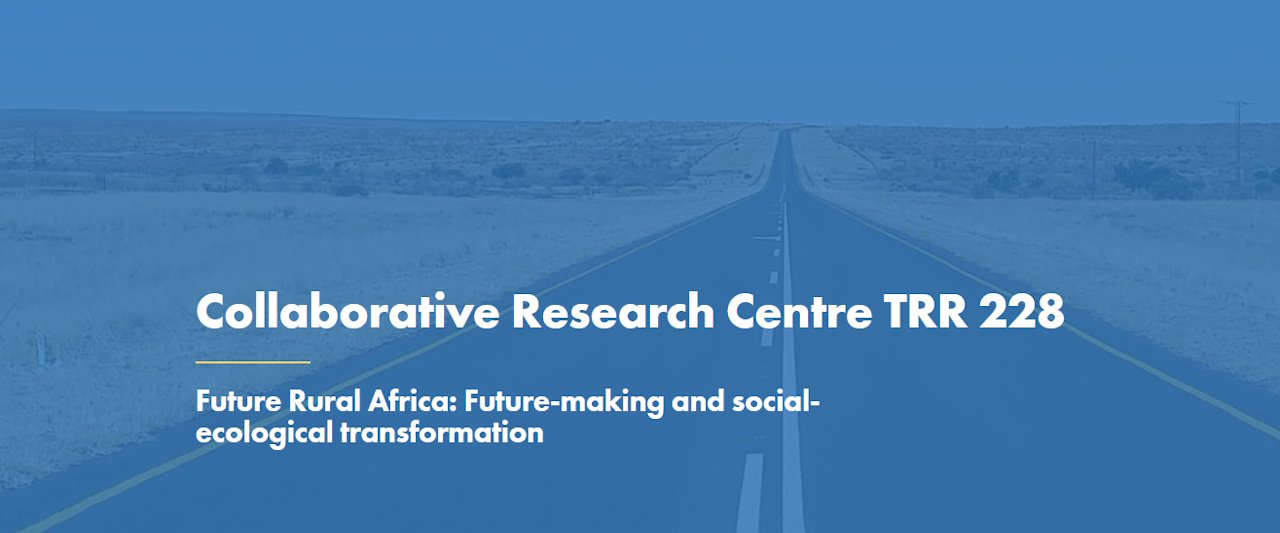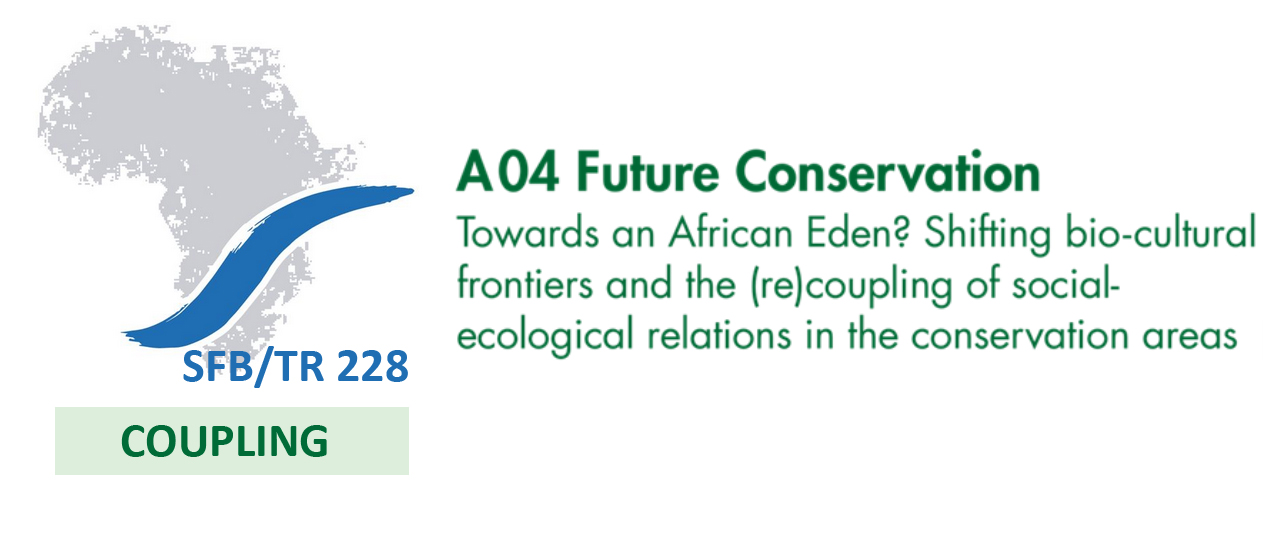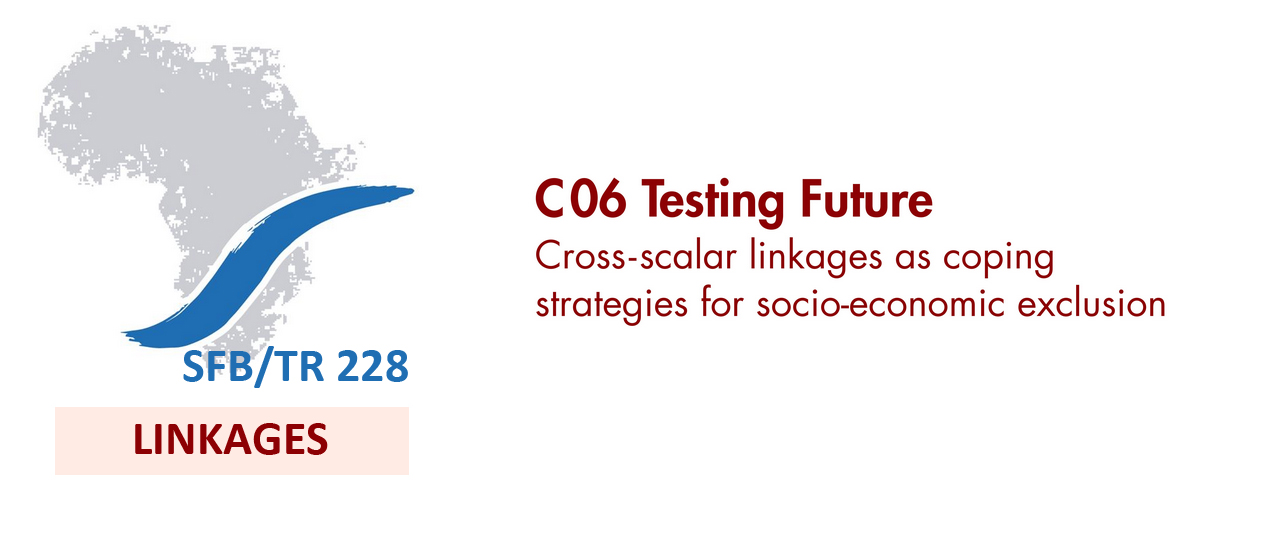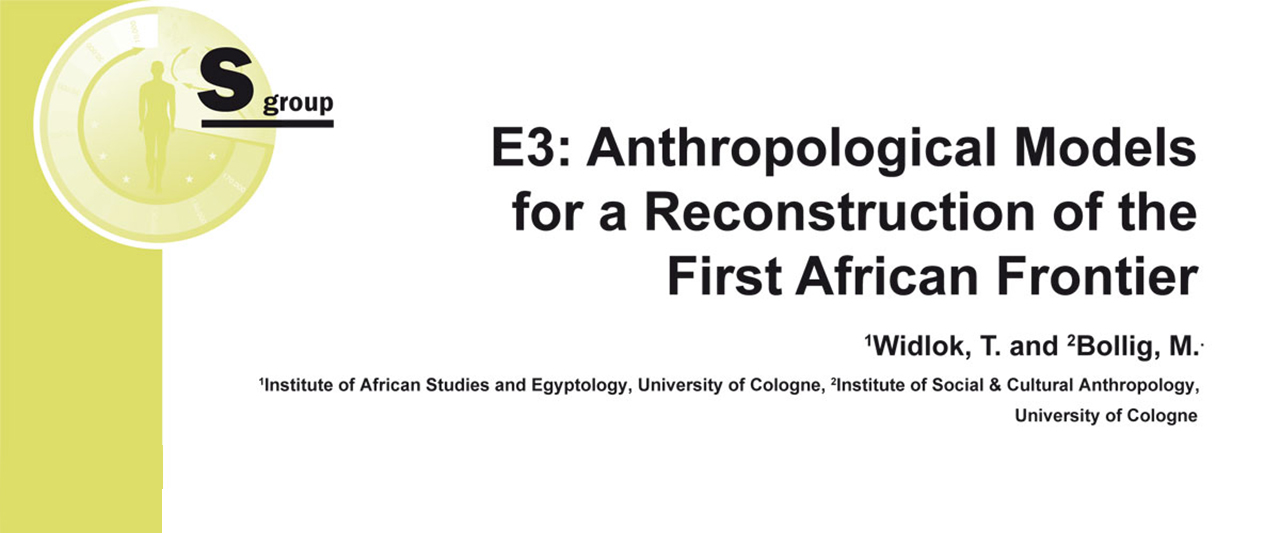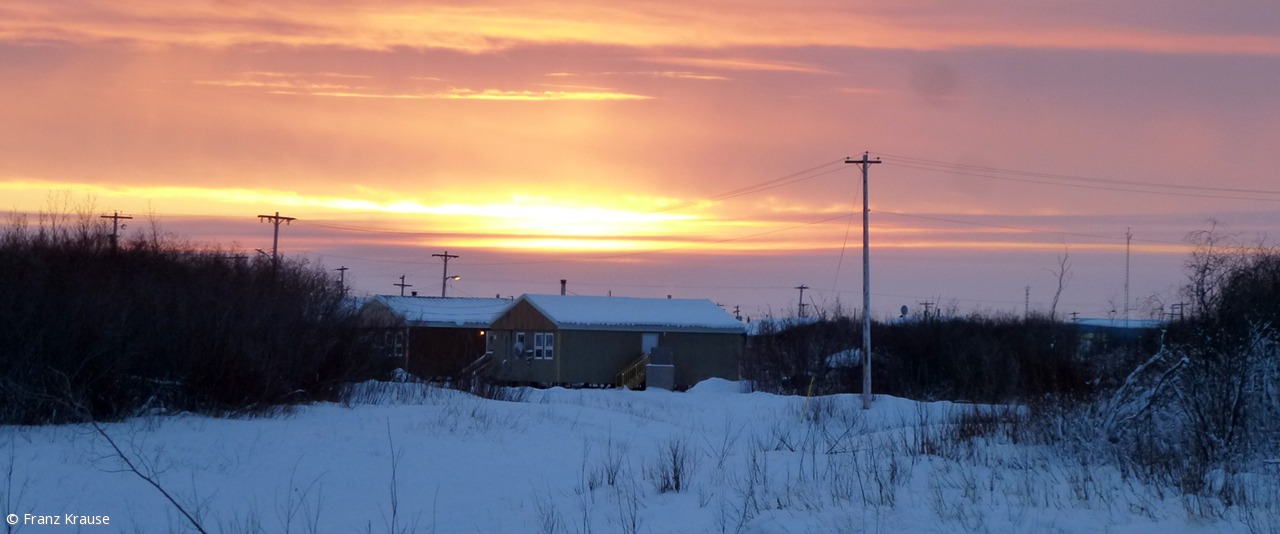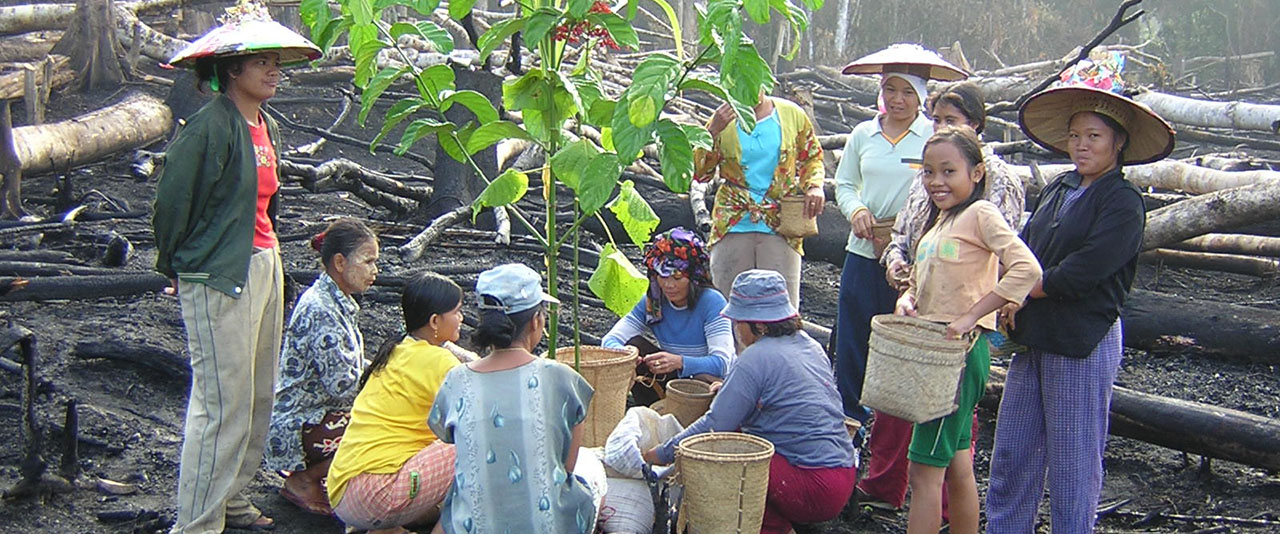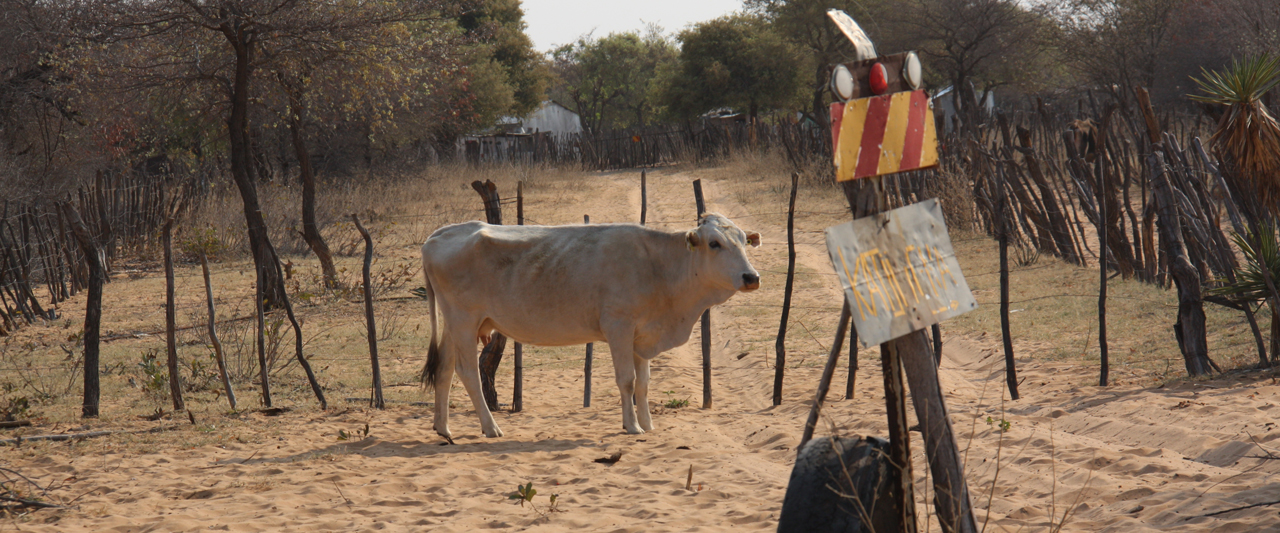VW - Research Unit "The Production and Reproduction of Social Inequalities"
Global contexts and concepts of labour exploitation
Support: Volkswagen Foundation
Website:
https://socialinequalities.uni-koeln.de/Project partners: Michaela Pelican (University of Cologne, project lead), Tu Huynh (Jinan University, Guangzhou), Meron Eresso (Addis Ababa University), Ulrike Lindner (University of Cologne)
Duration:
Funding Phase: 2020-2024 (48 month) | Budget 1.258.900 €
The starting point for this project is a very specific conundrum: Why have attempts at increasing equality often contributed to generating more durable inequalities? To shed some light on this question, this research focuses on concepts and actors and their roles in producing and reproducing social inequalities in the context of colonial and postcolonial labour systems and regimes of mobility in the "Global South". In this study, inequalities are understood as relational and historically embedded and as comprising several dimensions, including social, economic, and epistemic inequality. More specifically, the project team focuses on selected concepts that are locally grounded and describe forms of social inequalities linked to different types of labour exploitation, namely "native labour", "new slavery", "human trafficking", and "cheap/abundant labour". The team members investigate - both from a historical and contemporary perspective - how these concepts circulated on a global scale, and were negotiated, translated, and adapted by institutional and individual actors with the aim of challenging social inequalities, while eventually contributing to the production of those same, or new, inequalities. The project intends to reconcile debates on conceptual history, labour history, and inequality and combines perspectives from both South and North. Ultimately, it aims to interpret global labour regimes and to draw lessons from experiences for societies in both the “Global South” as well as the “Global North”.
